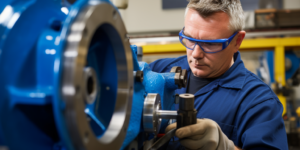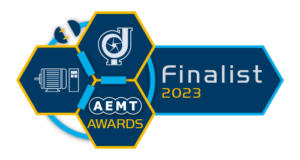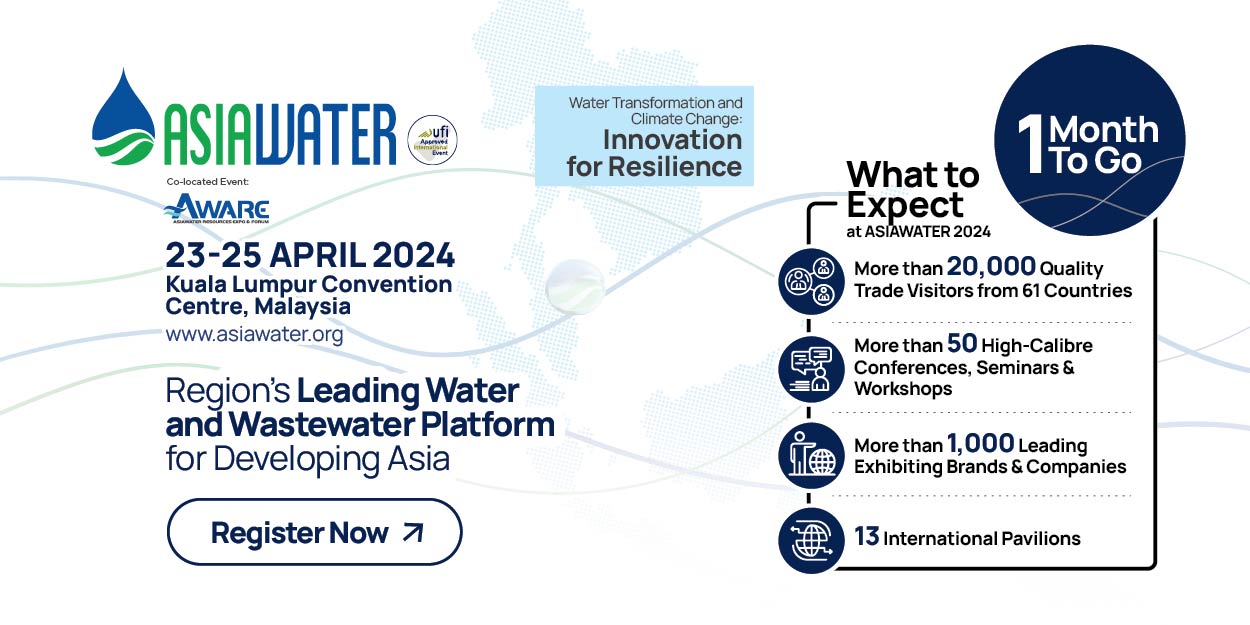New Guide Helps Motor Users Cut Costs and Reduce their Environmental Impact

Image source: The Association of Electrical and Mechanical Trades (AEMT)
With a focus on assisting organisations to reduce costs and improve their motors' environmental impact, the free guide can be downloaded from the AEMT website.
Despite a slight improvement in recent weeks, today's energy prices are more than double the pre-2021 historic average, and forecasts suggest they will remain so for some years to come. As a result, the lifetime cost of running an electric motor is an increasing focus for many users. However, we are still some way from a motor's TCO becoming a standard factor in most purchasing decisions.
The purchase price of a typical industrial motor can be just 2% of its lifetime cost. So, to help end-users benefit from a greater focus on a motor's TCO, the AEMT's new guide outlines the variables which need to be considered when calculating the overall cost and offers recommendations for how it can be reduced. Areas covered in the guide include using variable speed drives, higher efficiency motors and improving motor reliability.
Commenting on the AEMT's new guide for industrial motor users, Thomas Marks, the Association's Secretary and General Manager, said: "We have produced this guide to encourage a focus on the total cost of ownership of electric motors, to help users reduce their costs and improve their environmental impact. From initial system design right through a motor's operational life, there is a range of ways the total cost incurred can be optimised.
"Our members are experts in advising motor users on the most efficient and effective solutions for their applications, and we want to highlight the positive impact users can have on their bottom lines and the environment."
According to research from the World Energy Council, electric motors and electric motor-driven systems are estimated to account for almost 50% of all global electricity consumption. Alongside the potential for significant financial savings, if that consumption dropped by just 10%, that could reduce the global demand for electricity generation by 1,425TWh, equivalent to the total amount of electricity used by India, the world's third largest consumer.
Focusing on a motor-driven system's TCO can help realise these benefits, and this new guide from the AEMT has been designed to support the process.







